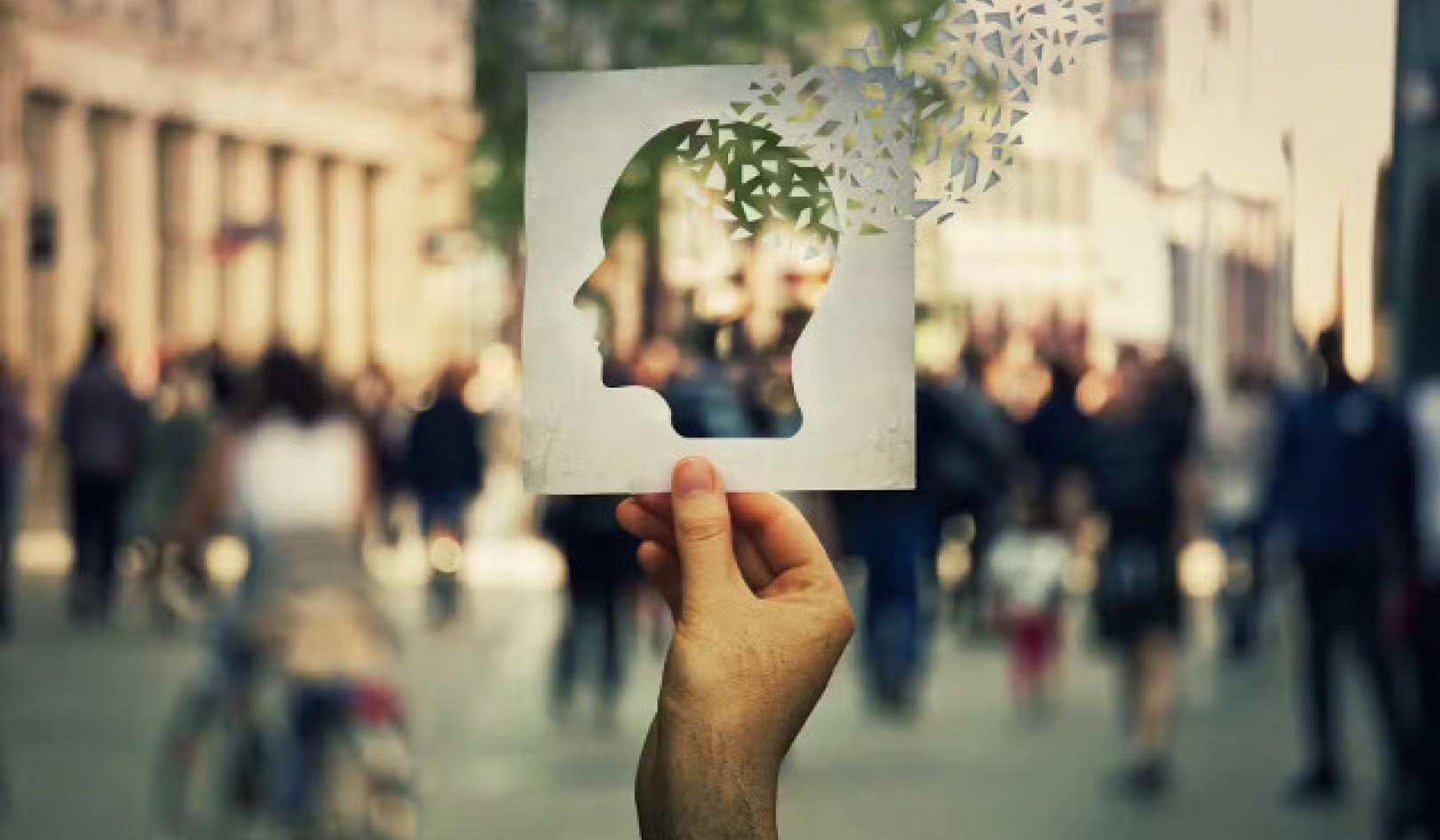
Are school children educated, socialized, or indoctrinated? If there’s any wonder remaining in a student after being swamped with established knowledge throughout the day, she or he would have to pursue critical thinking in the evenings.
From age 9 to 12 I had the luck of having one of the best primary school teachers in Zurich, a man called Frank. A pipe smoking painter, his classes were full of creativity. Frank directed school theatre performances that our entire village came to see, and organised amazing expeditions.
On one of these expeditions, we cleaned up a nearby valley where drivers dumped their rubbish. In another, we traced our water back to its spring, and then followed it all the way back again inside the stream. If a pupil did something extraordinary or selfless, he painted a cross on the ceiling. He laughed so loud that the children in the classroom above could hear him.
Creativity in History Education: Story Telling Makes It Interesting
This creativity was reflected in his history education, especially his account of Arnold Winkelried’s death at the Battle of Sempach in 1386, a Swiss national hero. Frank explained how the long spears of the Habsburg army killed off our infantrymen, and how, in a moment of great despair, Winkelried stretched out his arms as wide as he could, grabbed as many spears as possible, and, after using his last breath to urge his comrades to take care of his wife and children, rammed the spears into his own stomach. His martyrdom created a gap in the Habsburg line of defence through which the Swiss forces poured to win the battle.
Of course, it probably never happened quite like this. Winkelried is a mythical figure, and his story isn’t told to educate pupils about history anyway, but to teach them something about Swiss national identity and morals: namely, that it’s worth sacrificing yourself for the greater good.
To me, it seems that ‘history’ as taught in schools the world over has little to do with historical education, and much more to do with identity formation. It’s located somewhere in the ‘no man’s land’ between education, socialization, and indoctrination.
Education means letting pupils follow their innate sense of wonder by helping them to develop their own critical faculties. Socialization implies offering them a way to grapple with their society’s identity and values. And indoctrination means forcing those values into them without any critical reflection.
Education: Sometimes More Indoctrination Than Education
Too much of what passes for education these days is actually indoctrination of ‘official’ or ‘established’ knowledge, with disastrous results for both children and society.
Let me illustrate this by way of a challenge: how do you know that the world is round?
Most of us know that this is established knowledge. But to demonstrate it, you would have to know why we know it to be true. And if you couldn’t demonstrate it, in what sense could you really claim to know that the earth is round? Had your teachers told you that the earth is flat, wouldn’t you have believed them with equal force?
With regard to this fundamental fact, the education system indoctrinated you with established knowledge, it didn’t really educate you. It taught you the answer, but it didn’t give you the time or encouragement to think through it critically.
The Missing Element: Critical Thinking
The missing element in indoctrination as opposed to education is critical thinking - the Socratic attitude that to be told a fact and to believe it is not the same as knowing it. By contrast, Frank confronted us with our environment and let us grapple with it. So, for example, we looked out of the school window and saw a farmer hammering in the poles of a fence: we saw the hammer land on the pole before we heard it. And that was the conclusion we arrived at afterwards through class discussion: “what we see arrives faster than what we hear.”
For some 9-year-olds to arrive at this conclusion autonomously is utterly profound. It’s also radically corrosive to power.
It’s profound because it may lead to some very deep reflections on their place in the world; and it’s corrosive to power because it teaches them that whether something is or isn’t true does not depend on what a teacher or a book says. It depends solely on whether it’s actually true - on whether what you see does in fact arrive faster than what you hear. Even if the Pope himself tells you to recant that the earth moves around the sun under the threat of torture, we - as ‘Galileo’s children’ - know that his views are irrelevant.
But developing and uttering one’s own thoughts in this manner - which you may have to assert against classmates, teachers, parents, priests, imams, and politicians - requires no trivial amount of self-confidence. It’s a bit like dropping your pants in front of an audience: both get easier with time, but for the first few times you feel incredibly exposed.
The Function of an Education System: Nurturing Self-Confidence
The function of an education system should be to nurture the self-confidence required for this kind of exposure, though in most cases with your pants on instead of off. But sadly, education systems often do the opposite. As Sir Ken Robinson puts it:
“You'll never come up with anything original if you're not prepared to be wrong. And by the time they get to be adults, most kids have lost that capacity. They have become frightened of being wrong. … We stigmatize mistakes. And we're now running national education systems where mistakes are the worst thing you can make.”
That’s because in most education systems, Socratic reflection is punished. You get good grades for remembering the right answers in tests, not for thinking anything original. The teacher’s job - whether or not they like it - is to make pupils get good grades, to behave, and to see that the class finishes the curriculum on time. Schools in turn are obliged by law to ensure that their teachers conform to these priorities.
The Powerful Have A Vested Interest To Oppose Critical Thinking
Why is this? Why do we not nurture the self-confidence to utter original thoughts among children? “Part of the problem,” thought Carl Sagan, is that “if you start teaching young people critical thinking then they’ll start criticising their political institutions and their religious institutions. […] I think people in power have a vested interest to oppose critical thinking.”
Remember, though, that this category of ‘people in power’ begins with us - as teachers, parents and others in positions of authority. Ask yourself: can you truly bear the penetrating questions of a child? And even if you can, maybe there are others who can’t. For example, what if a teacher leads a pupil to question their parents’ religion? It was precisely this radically corrosive influence over power which cost Socrates his life, and which could cost teachers their careers today.
I think Socratic reflection is still being punished for the same reason that Socrates was executed: because the communities that surround the education system are scared of the consequences of letting pupils think freely.
Returning a Sense of Wonder to Education
Frank was a good teacher not because of some piece of legislation that had been introduced by the education authorities in Zürich. Back then the bureaucracy hadn’t yet written up and imposed its savant rules and regulations. Indeed, most of Frank’s teaching would nowadays be categorized as extra-curricular activity.
There would be little time to walk down a stream, because we’d have geography lessons in the classroom (or else health and safety regulations would prohibit it). We couldn’t clean the valley, because we’d have to learn about the theory of environmental science instead. We wouldn’t listen to national myths, but to historical ‘facts’ that we are too young to understand anyway. There would be no time to let us ponder over a farmer hammering in his fence poles, because we’d have to finish the maths syllabus before the vacation.
As a result, if there’s any wonder remaining in a student after being swamped with established knowledge throughout the day, she or he would have to pursue Socratic reflection in their spare time in the evenings. Few critical thinkers survive this treatment because it is practically impossible for children to follow Grant Allen’s advice (often wrongly attributed to Mark Twain), not to ‘let schooling interfere with your education.’
Frank was a great teacher because he let us follow our innate sense of wonder for the world, and led us to think critically about it. He could do this because he didn’t have an overly-detailed curriculum that he was forced to follow, and because the ‘people in power’ didn’t have much reason to fear critical thinking in children. In other words, our community gave him the trust he needed to let us flourish.
This article originally appeared on OpenDemocracy
 About The Author
About The Author
Marc Chehab has just finished his Master's in International Relations at the Institut Barcelona d'Estudis Internacionals. He has a Bachelor's in Development and Peace Studies from the University of Bradford.
Recommended Book:
Reign of Error: The Hoax of the Privatization Movement and the Danger to America’s Public Schools -- by Diane Ravitch.
 Reign of Error begins where The Death and Life of the Great American School System left off, providing a deeper argument against privatization and for public education, and in a chapter-by-chapter breakdown, putting forth a plan for what can be done to preserve and improve it. She makes clear what is right about U.S. education, how policy makers are failing to address the root causes of educational failure, and how we can fix it.?
Reign of Error begins where The Death and Life of the Great American School System left off, providing a deeper argument against privatization and for public education, and in a chapter-by-chapter breakdown, putting forth a plan for what can be done to preserve and improve it. She makes clear what is right about U.S. education, how policy makers are failing to address the root causes of educational failure, and how we can fix it.?
Click here for more info and/or to order this book on Amazon.























